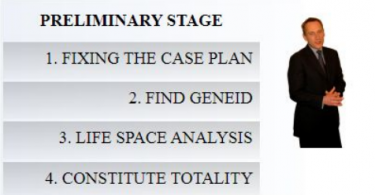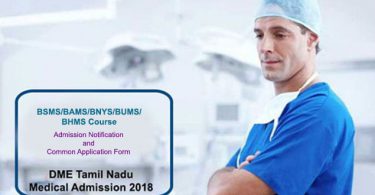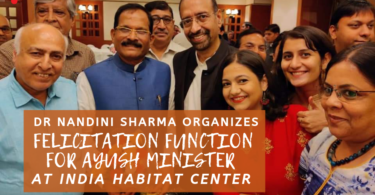 The National Medical Commission Bill, in its first iteration, proposes a bridge course which will allow homeopathic and ayurvedic practitioners to prescribe some allopathic medicines. This proposal of a bridge course has met with opposition by members of the medical fraternity and, surprisingly, some practitioners of alternative medicine.
The National Medical Commission Bill, in its first iteration, proposes a bridge course which will allow homeopathic and ayurvedic practitioners to prescribe some allopathic medicines. This proposal of a bridge course has met with opposition by members of the medical fraternity and, surprisingly, some practitioners of alternative medicine.
I must begin by stating that homeopathy is a complete science and is in no way limited by the inability to prescribe allopathic medicines. However, each system of medicine has its scope and limitations. The bridge course should be understood with the reasons behind its proposal; principal among which is to ease the burden on overworked allopathic doctors and to share the disease burden of the nation.
Homeopaths undergo a five and a half year, full time, undergraduate course in India. They are trained in every subject that a student of allopathy is taught except pharmacology. This includes anatomy, physiology, biochemistry, pathology, gynaecology, obstetrics and internal medicine. The students use the same textbooks, the syllabi for these subjects are the same, and the time allotted for these to be taught is also almost the same as the MBBS (Bachelor of Medicine, Bachelor of Surgery) syllabus.
In universities where both MBBS and BHMS (Bachelor of Homeopathic Medicine and Surgery) courses are taught students may often share lecture halls for common lectures. The faculty is often the same! As in the MBBS course, the students must complete a rotational internship. This includes six months at a regular hospital.
There are concerns that homeopaths may not be able to interpret modern investigations and diagnostic tests. These concerns are entirely unfounded. Homeopaths all over the country are using modern diagnostic techniques to assess outcomes of their treatment. Patients themselves are doing this! It is ludicrous to suggest that a homeopath is unable to interpret diagnostic test results because of an inherent and insurmountable lack of understanding.
I have sat in rooms with various kinds of doctors, surgeons and paramedical personnel, in my undergraduate years, in my time as an MD-Homeopathy student, while reading for a post graduate degree at the University of Oxford, and in conferences in various parts of the world. I have sensed the scepticism in the room when i introduce myself many, many times.
No one, however, has ever managed to arrive at the conclusion that i will simply not understand what is being taught or said because i am a homeopath. This seems to be the presumption being made by those opposed to the proposed bridge course. In the absence of details of the specific nature of this course, how is it being opposed, if not for this reason? When the training of both allopathic and homeopathic courses is so similar, i fail to understand the logic to this opposition.
The most facile argument concerns the dual registration of homeopaths in another national register once they complete the bridge course. Apparently, this is ‘neither permissible nor open’. I’m not sure what this means but maintaining a register of homeopaths who have completed the bridge course seems to be both ‘possible’ and ‘not a big deal’ to me.
It is time that the opponents relax this perceived sanctity around the medical profession and become more sensitive to the healthcare needs of India. There are large parts of the country where no medical practitioner is present, and none are willing to go. This is despite changes in regulations like making rural internships compulsory and enforcing of bonds for graduates of government colleges, preventing their departure from the country. Homeopaths are well positioned to shoulder the disease burden of the nation. Only in India, because of the stellar training provided to homeopaths, is such a move even possible.
If providing a bridge course can make them better equipped to handle at least some illnesses that they couldn’t earlier and spread healthcare services to far flung areas of the country, what can possibly be the problem? If ignorance of the structure and scope of the training of a homeopath was the problem, i hope this has helped. If prejudice is the problem, the nation will do well to rise above it.
Author: Kushal Banerjee
Source: TOI, Edit Page: January 9, 2018





